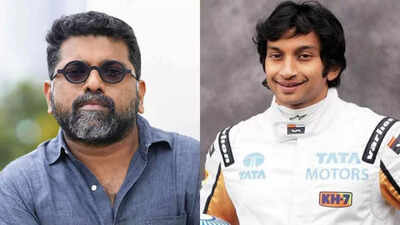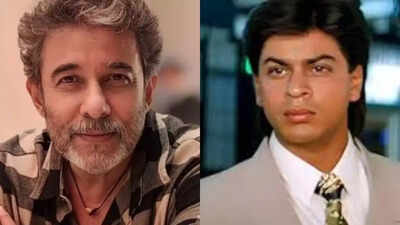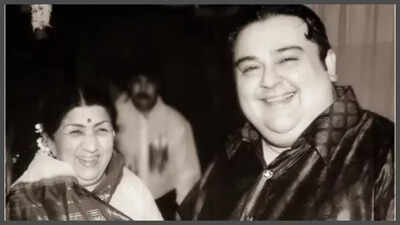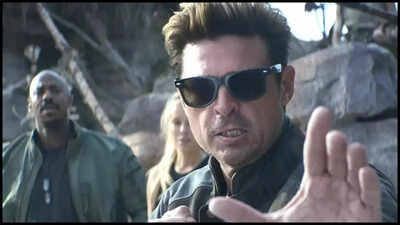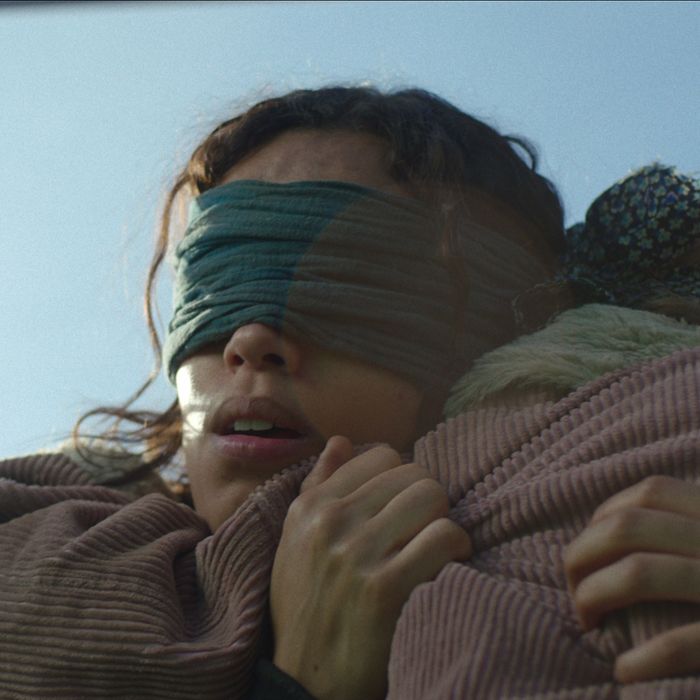It’s an exercise in sadism, but not the good kind.
Photo: Netflix
At least it’s something, right? In the opening scenes of Netflix’s new apocalyptic sequel Bird Box Barcelona, our hero, Sebastián (Mario Casas), and his young daughter Anna (Alejandra Howard), wander blindly through a blasted cityscape in the titular Spanish town and find themselves with a ragtag group hiding inside an abandoned, fortified bus shelter. As you may remember from the first Bird Box, which starred Sandra Bullock, the world has been taken over by an invisible force that compels humans to kill themselves if they so much as look at the outdoors. (Is this supernatural? Extraterrestrial? Religious? Nature striking back, a la The Happening? We never get a clear answer, which adds to our unease.) Survivors have been pushed indoors into makeshift compounds where the windows must always be covered, the doors closed, and strangers kept out. But then, Sebastián seizes a bus full of his newfound comrades, rams through the barricades, and drives it outside, whereupon his passengers immediately start offing themselves.
It is at this point that we realize this new film will follow not the desperate souls trying to hide from the invisible evil lurking outside, but one of the wild-eyed, unwell individuals who roam the streets trying to get people to open their eyes and embrace death. Don’t worry; I haven’t really given anything away. This is the very premise of the movie, building on an idea introduced chillingly in the first film — that there are crazy folks out there who can endure the outside, and have made it their mission to force others to look.
It’s a promising start, if only because so much horror nowadays is so glumly cookie-cutter that the idea of a genre flick potentially centered around an actual villain feels so unexpected. Unfortunately, Bird Box Barcelona gives up the game too quickly, through a series of flashbacks showing us how Sebastián got this way. The daughter who’s accompanying him is an apparition, a ghost egging him on along his cruel journey. Both his wife and child are dead, and he’s lost his mind.
As the film proceeds, it continues to cut back intermittently to the details of how Sebastián got this way. This is rich with potential as an exploration of how grief can drive people mad. And the people who Sebastián comes into contact with in the present are all suffering from profound loss. This is, of course, the nature of the Bird Box world: There isn’t a soul on earth who hasn’t endured or witnessed unimaginable heartbreak and trauma.
Some real creativity could have made all of this cinematically compelling instead of merely sadistic. Unfortunately, Bird Box Barcelona doesn’t have many other ideas beyond its initial ones. On the dramatic side, it doesn’t really delve into Sebastián’s (or anyone else’s) grief so much as exploit it, treating it mostly as a narrative convenience. On the visceral side, Sebastián’s murderous efforts aren’t inventive or surprising, and the slow drip-drip of revelations about his past manages to be both depressing and predictable.
Writer-directors Àlex and David Pastor have come up with a tantalizingly evil idea, but they’re not cruel enough to see it through to its conclusion. They take this shit way too seriously; they still want to make a straight movie, but they can’t access their protagonist’s twisted psychology. That’s because genre thrills, at their best, carry an emotional valence as well. Alfred Hitchcock taught us decades ago that there’s nothing quite so unnerving or exciting (or, frankly, complex) as putting the audience on the side of a monster, which is why people are still writing term papers about Psycho. Perhaps the Pastors lack the guts to go that far; they want to redeem Sebastián and thus don’t really want to entertain us with kills. Perhaps they feel that this would be inappropriate. So why make this damn movie in the first place?
























